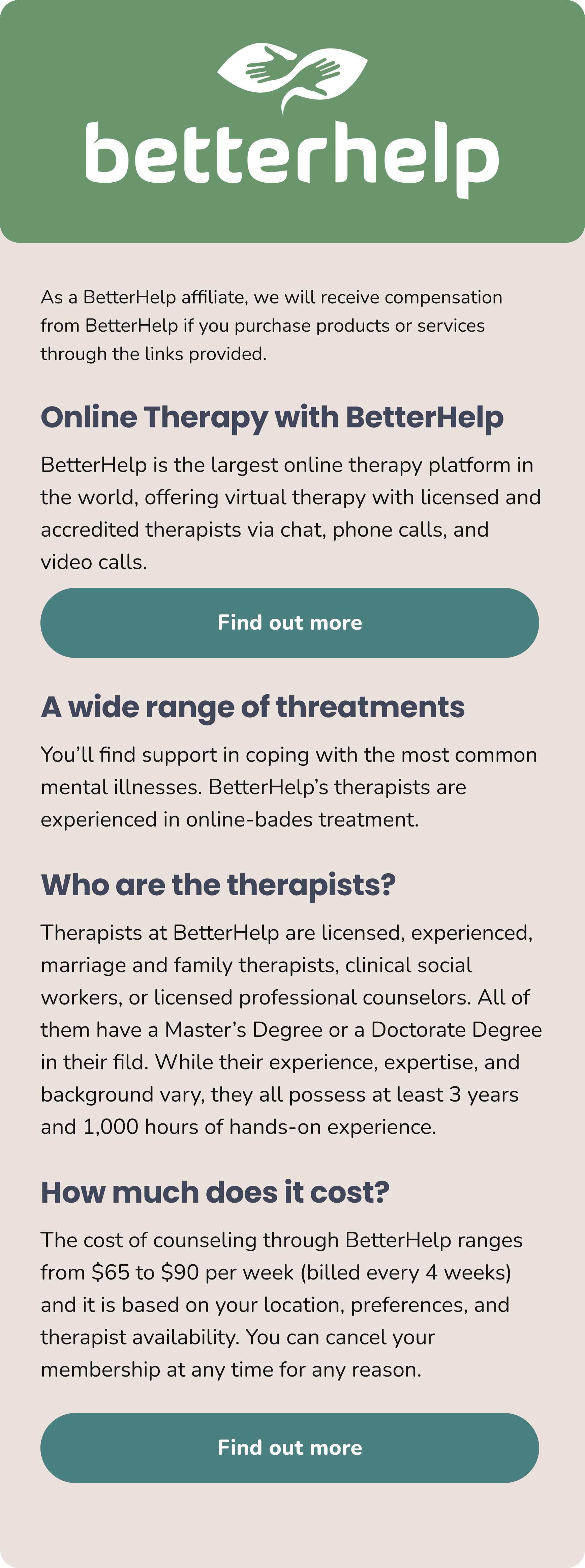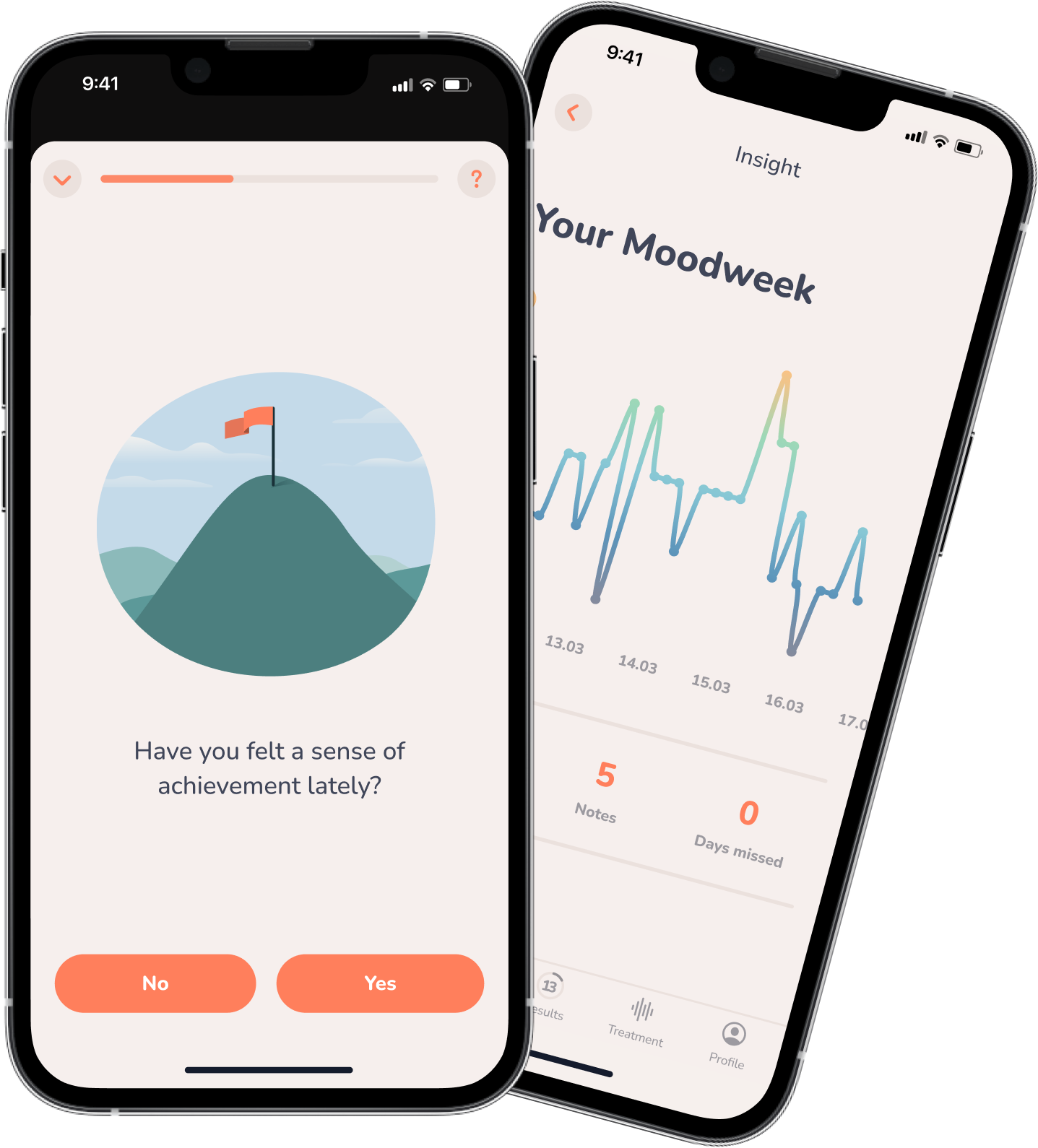Insight
Take a Moment for Mindfulness
This article addresses ways being mindful can improve your overall well-being when life is too fast or overwhelming. This can include helping alleviate depression. Practical suggestions for integrating mindfulness and meditation into your daily life will help you get started.
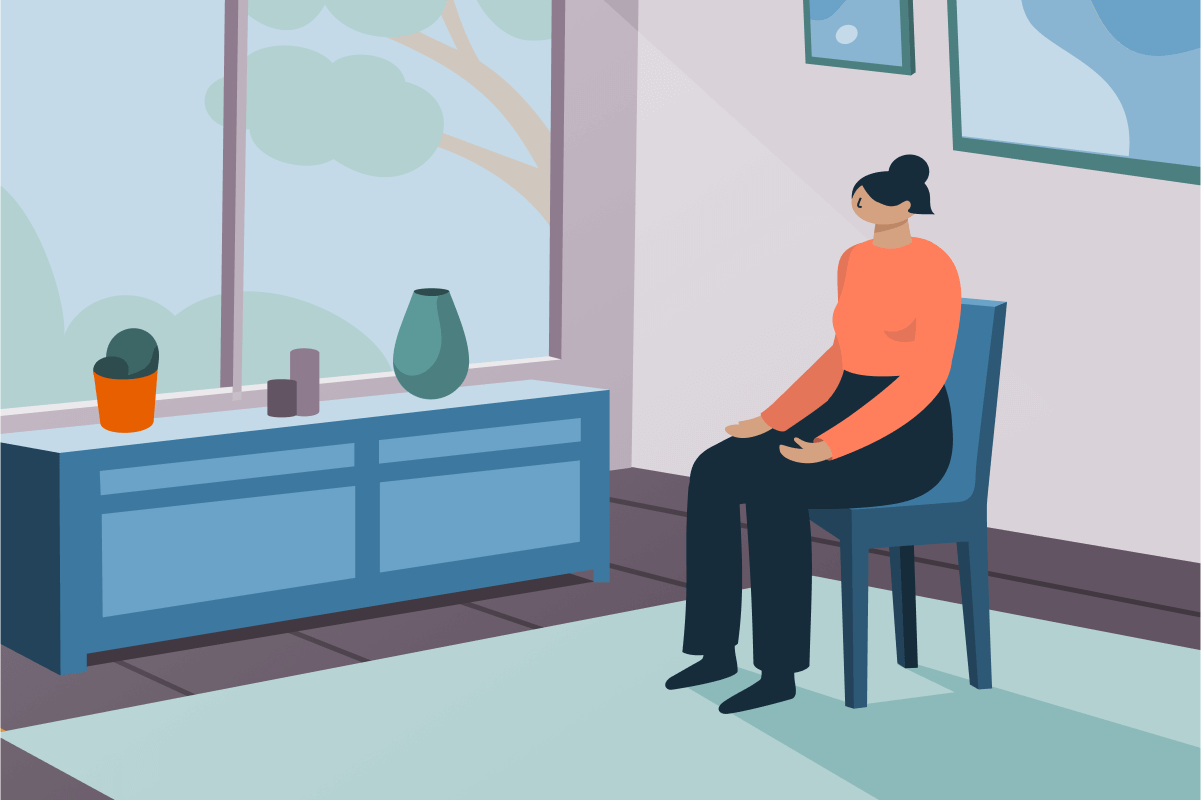
What is the first thing you do when you wake up in the morning? Check your phone, take a shower, decide what to wear, eat breakfast, read the news, plan the day? WAIT, from the moment your eyes crack open, life seems to speed ahead at near breakneck speed! Where is the time to realize it’s a new day, collect yourself, and be aware of where you are? Before taking on the outer world, consider slowing down and focusing your attention on your mind and body first. If you haven’t consistently tried mindfulness before, you will likely be surprised at how much it can help your emotional well-being.
Okay, Sounds Nice, but Is This Really Necessary?
While your survival doesn’t exactly depend on you slowing down and bringing attention to your thoughts and physical sensations, it is one really simple and relatively quick way to cope with the stresses of life. As important as it is to take a shower and wash off the dirt and sweat from the long day or night, it is equally as important to “clean” your mind. This means spending a few minutes getting quiet so that you can bring your attention inward, focusing on the thoughts and plans swirling around in your head, without judging them.
While meditation may seem simple, its effects can be fairly profound. For example, after conducting a literature review on the topic, Annels and colleagues (2016), suggest that meditation might be an alternative to medication for some who struggle with depression. They cite studies that support evidence that brain activity related to emotional self-regulation and attention increases through consistent and repeated meditation. More research is needed, however, to determine the long-term effects of meditation on the brain as well as on depression.
What Exactly Is Mindfulness?
Meditation is an old mindfulness practice commonly associated with Buddhism. Mindfulness, according to Prof. Jon Kabat-Zin, the founder of Mindfulness-Based Stress Reduction (MBSR), is “paying attention, on purpose, in the present moment, non-judgmentally.” Not only can meditation and mindfulness help calm the mind and body and bring about a sense of peacefulness, they can also support decision-making and solution-finding skills.Several therapy approaches work in tandem with mindfulness, including cognitive based therapy, such as “Mindfulness-Based Cognitive Therapy” (MBCT) and “Acceptance and Commitment Therapy” (ACT). With these approaches you learn to accept your negative feelings, instead of pushing them away, and understand those emotions that enforce or can predict your depressive mood.
How Can I Integrate Mindfulness into My Daily Life?
Like so many of us, your life may be extremely busy, filled with tasks, responsibilities, and obligations. However, busy-ness is not a reason not to do mindfulness. In fact, if you find even 10 to 15 minutes each day to pause in the midst of your busy life, you’ll likely notice the benefits pretty quickly.
You can practice mindfulness both formally and informally. With formal mindfulness, you make time specifically for meditation, to focus on the present moment and some sort of anchor, such as your breath. Ideally, you’d practice formal mindfulness immediately after getting up in the morning, or directly before going to bed at night, which can also help your sleep quality. If you prefer meditating in a group, search for one near you. They’re more and more common.
We Can Meditate Anywhere, Anytime.
Informal mindfulness can be integrated into your busy schedule easily, without taking up extra time. You direct your attention to how your body feels or what emotions you’re feeling as you’re doing other activities, such as eating or walking.. Ask yourself questions like “What am I doing in this moment?” Describe the actions in your head. You can also ask, What am I experiencing in my body?” and then scan through your body mentally to check to see, say, what the feet are doing . . . legs . . . knees . . . hips, etc.
Finally, Thank You.
“Yesterday is history.
Tomorrow is a mystery.
Today is a gift.
That’s why it is called the present.”
(Alice Morse Earle)
Many also incorporate the act of appreciating in their meditation and mindfulness practices. There are hundreds of opportunities each day to appreciate the small things in life. The sheets on the bed feel nice, the warm shower is comforting, fruit smells delicious, the breeze is refreshing. Paying attention to these seemingly very small things happening all around us, can help incline the mind toward the pleasant and help us to begin to look for what’s good around us. You may also want to thank yourself for the things you do for your well-being, like reading this article today. Perhaps tomorrow you can start the day with a 5-minute meditation, before you turn on your phone. It does take some practice, so be sure to be patient and kind with yourself when your mind wanders, which it will do. Once you build the mindfulness muscle, you’ll begin to notice the positive effects, which will make the time and effort you put into it well worth it.
If you’d like to learn more about how meditation or the practice of mindfulness can help you, read more in our app MindDoc.
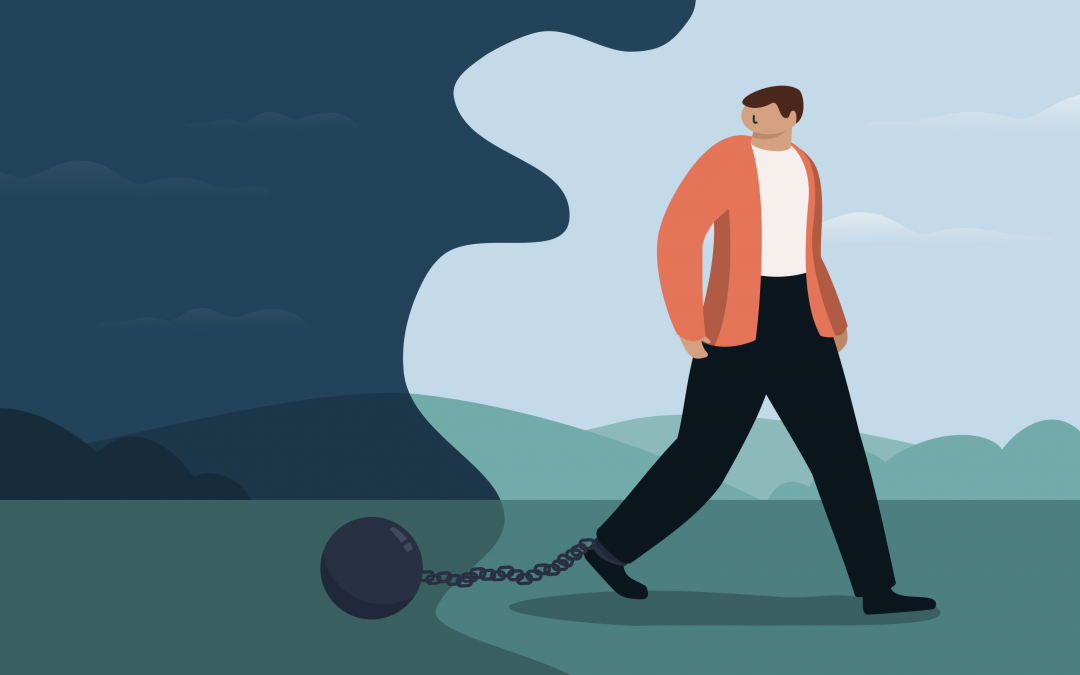
Trauma Consequences: Post-Traumatic Stress Disorder (PTSD)
Traumatic experiences like accidents, violence, or severe illnesses are extremely stressful and can push people to their limits. As a result of trauma, some affected individuals develop post-traumatic stress disorder (PTSD).
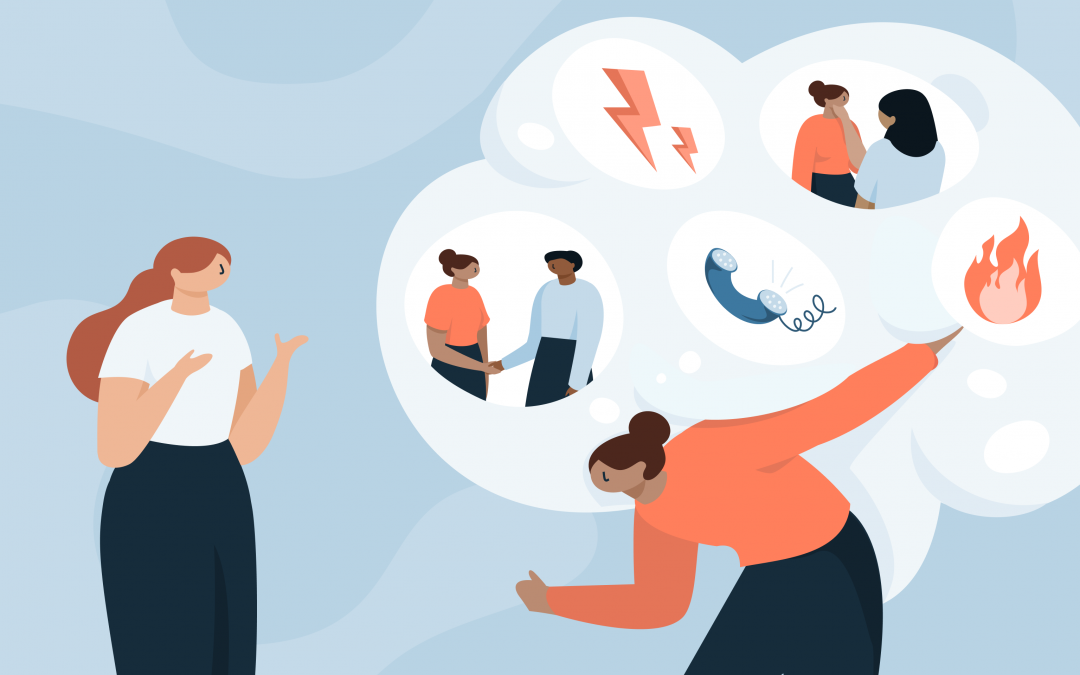
People-Pleasing — When the Fear of Rejection Becomes a Trap
Are you a person who places a high value on kindness, consideration and helpfulness? Or … maybe you tend toward what’s called “people-pleasing”?
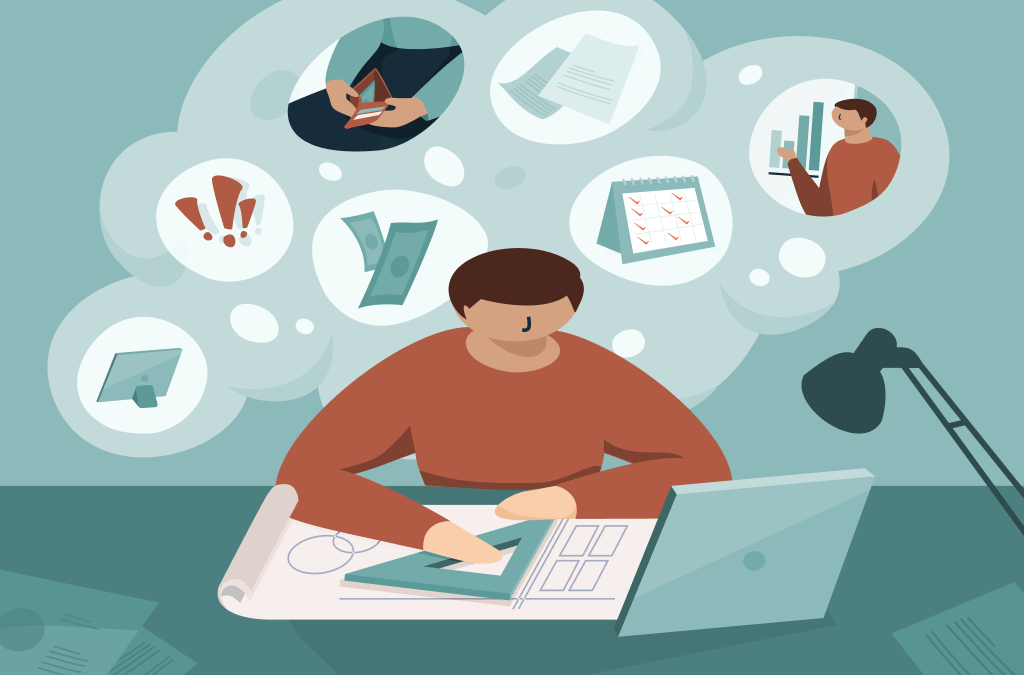
Psychological Needs in the Workplace: How to Meet Them
Deadlines, conflicts, pressure to perform—many people grapple with stressors at work. The extent to which these weigh on someone depends in large part on whether psychological needs are being met at work.
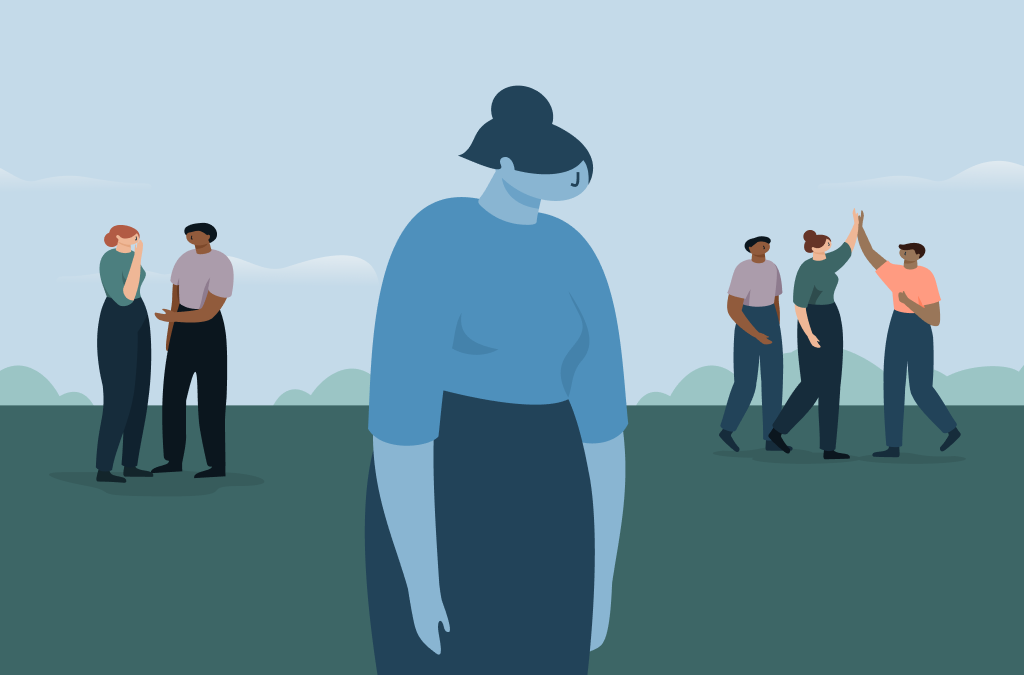
High-Functioning Depression: The Hidden Suffering
When people think of depression, usually intense sadness, low energy, social withdrawal, difficulty getting out of bed, and managing daily life come to mind. But this is not always the case.
